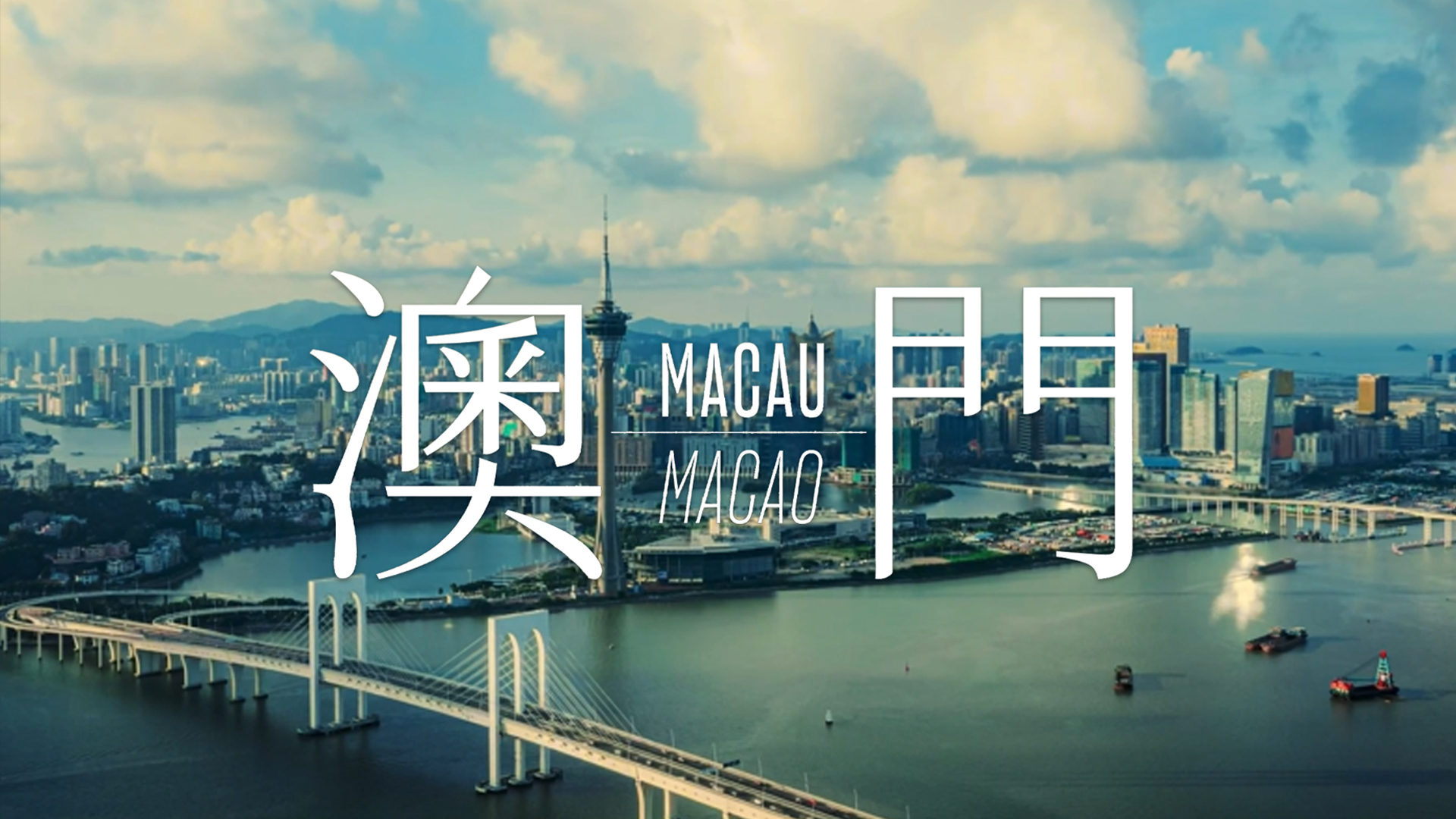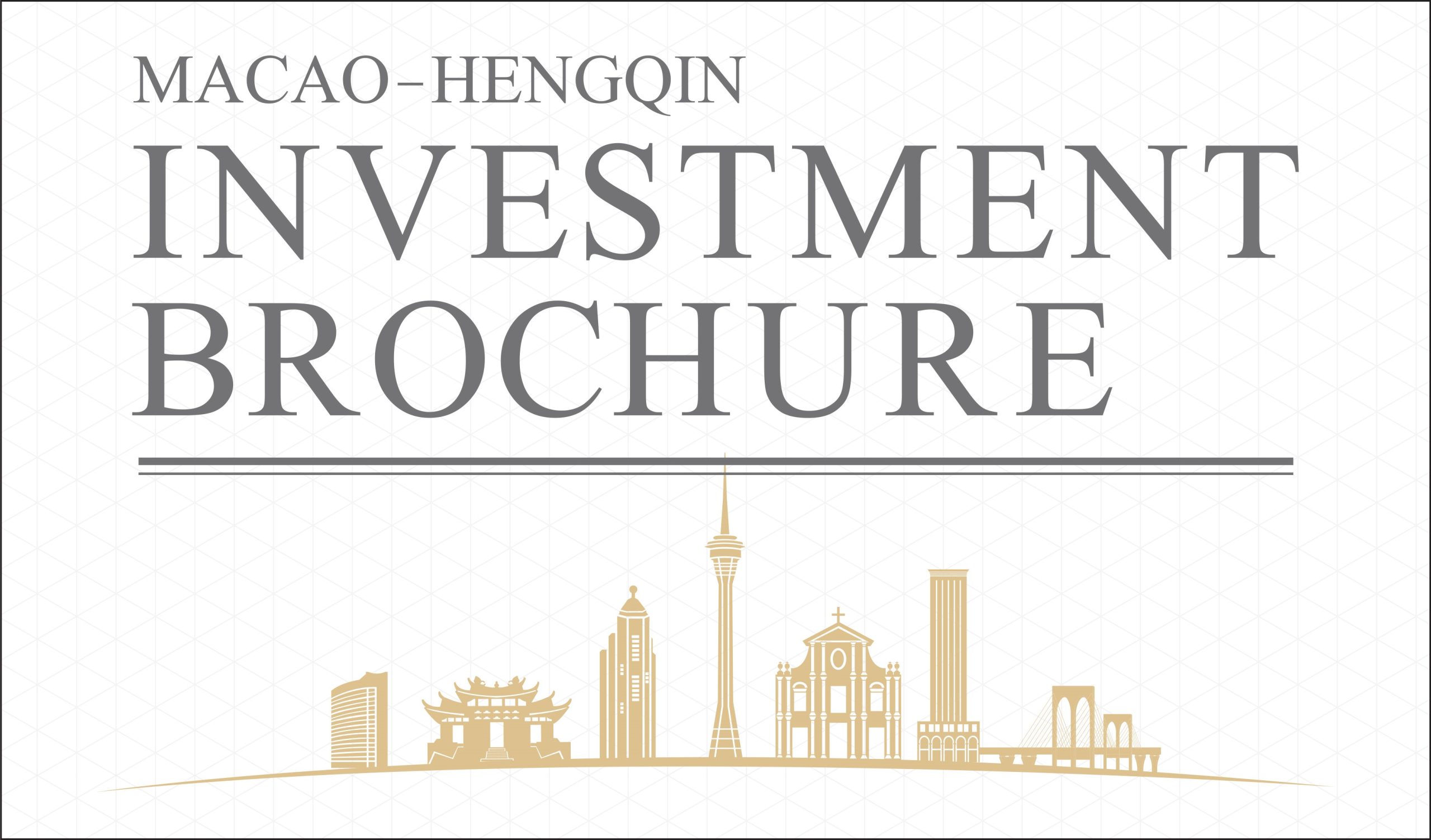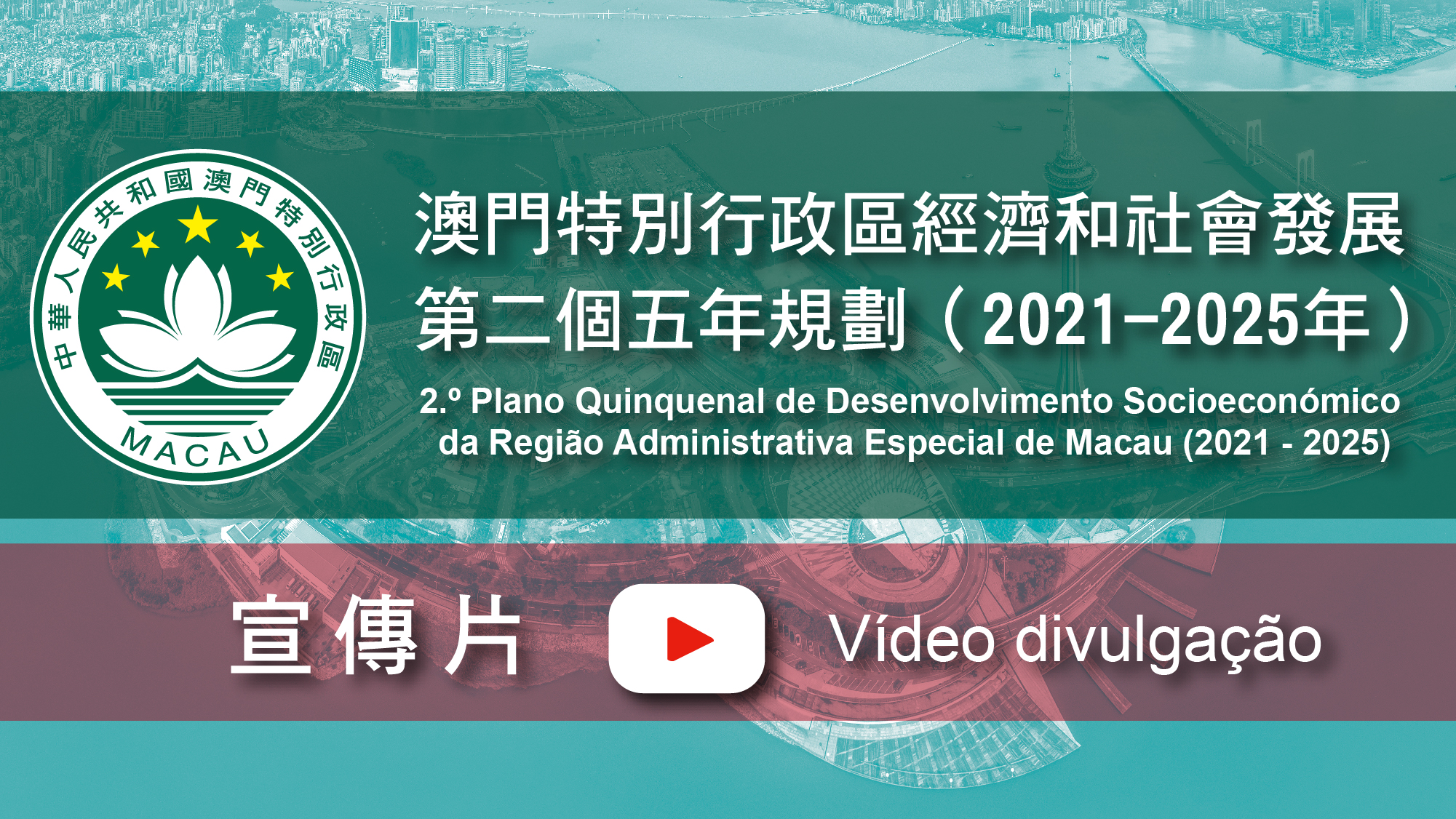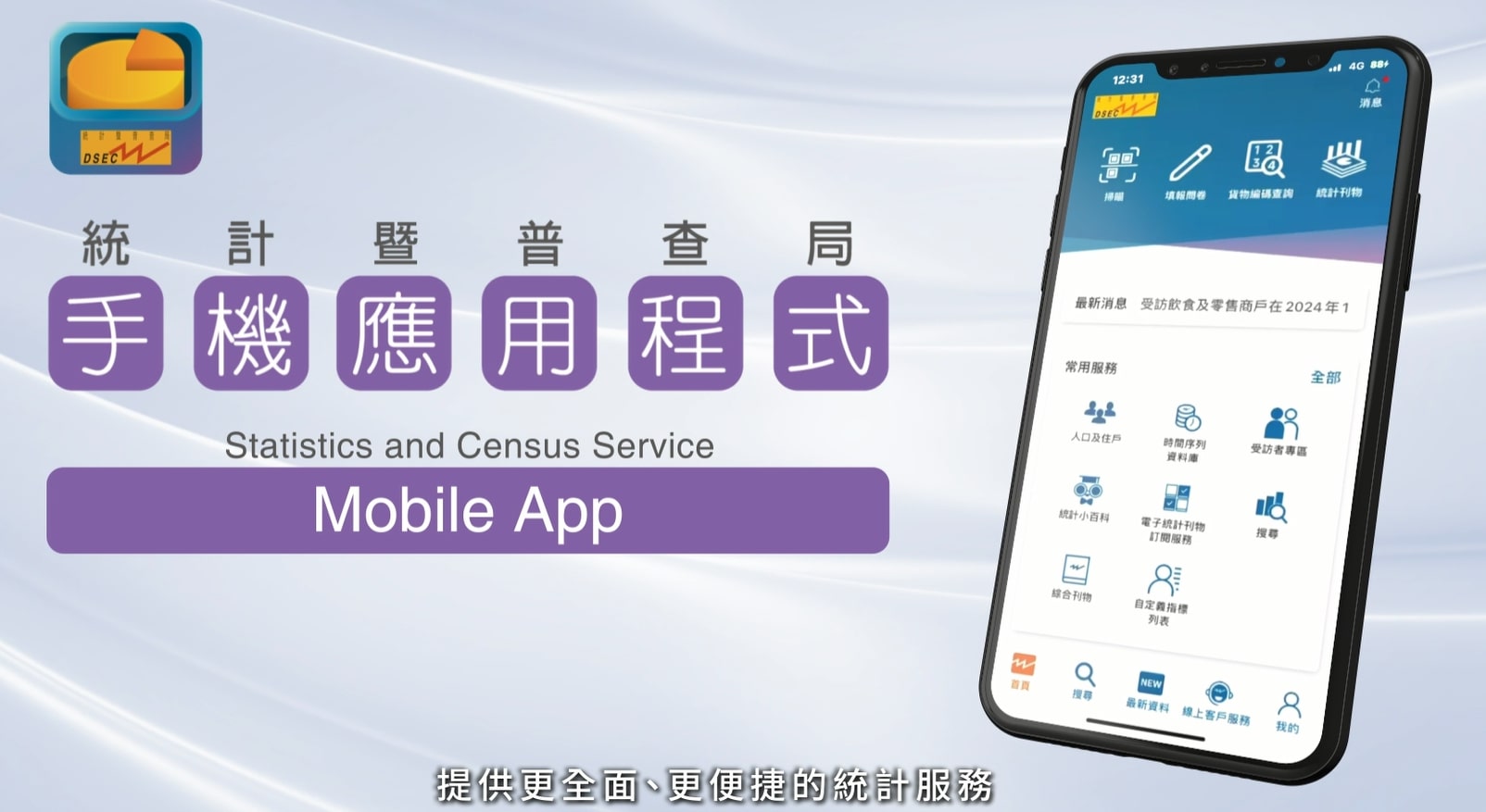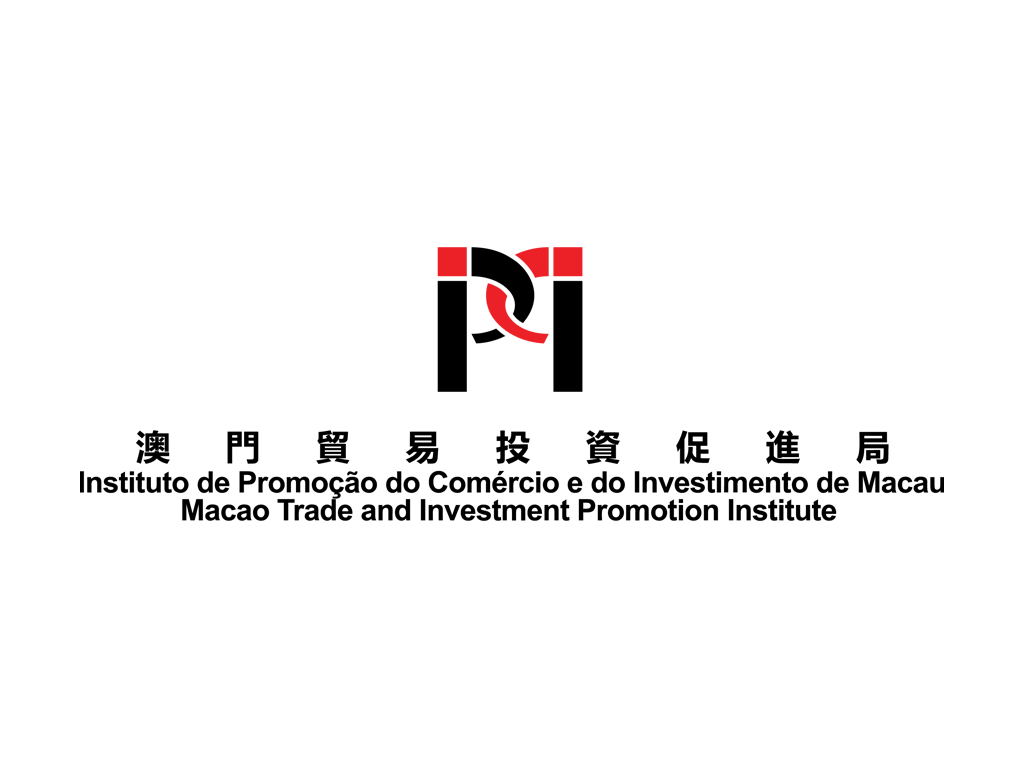Search Issues
Macao is now fully ready for the development of a modern financial services industry. This would assist the effort by Chinese officials to make the renminbi more widely used around the world in trade, analysts contacted by Macao Image say.
Since Mr Ho Iat Seng, Chief Executive of the Macao SAR, took office in December 2019, his political programme calls for Macao to better perform its function as a platform that facilitates trade and co-operation between China and the Portuguese-speaking Countries.
Competition is always fierce among big centres for international finance currently on the planet. The analysts we spoke to think Macao has what it takes to win some of the booming financial services business that is partly fuelled by Mainland China’s growing importance to the world economy.
Mr Ringo Choi Wai Wing, Managing Partner for South China and Head of Asia-Pacific Initial Public Offerings at Ernst & Young, said Macao is well-positioned to succeed because it has a legal system Europeans feel comfortable with, similar to legal systems in continental Europe and in countries where Portuguese is spoken. “Having a legal system that financial institutions are familiar with would surely make business easier,” he said.
Mr Patrick Rozario is Managing Director for Advisory Services in Hong Kong at Moore Stephens, a globally renowned accountancy and advisory network. Mr Rozario, whose family are from Macao, said the city’s common use of the Portuguese language is a significant advantage for Macao as a platform between China and Portuguese-speaking Countries.
He said Macao has a good chance to become a place where Chinese can invest capital in the Portuguese-speaking Countries. “If this works, the city could leverage its platform to become more international,” he noted.
Mr Wilson Chan Fung Cheung, a Professor at the College of Business at City University of Hong Kong, suggests Macao should go further and exploit the similarities of its culture and language with the Spanish-speaking world. “South America is a market with huge potential that China must consider,” Professor Chan added. South America includes Brazil, a Portuguese-speaking Country and the world’s ninth-biggest economy, as well as one of Mainland China’s major trading partners.
Clear for take-off
The value of trade in goods between China and the Portuguese-speaking Countries was more than US$149.6 billion in 2019, according to data from the Chinese General Administration of Customs. It was a record amount that required settlement in many currencies. The volume of trade, cultural and financial links could see Macao has the potential to become a renminbi clearing centre.
Macao is already a Commercial and Trade Co-operation Service Platform between China and Portuguese-speaking Countries and Mr Choi said settling renminbi-denominated trade is a natural extension of the city’s trade facilitation function. “If companies get used to doing business in one location, they tend to do the settlement in the same place,” he suggested.
Mr Choi said Hong Kong, London and Singapore lead the competitive field of offshore renminbi clearing centres. But he said there was room in the market for other places, such as Macao, to settle trade in renminbi for less prominent companies and for small and medium-sized enterprises. “They also need to have a good system in place so that they can settle their trade with China quickly and efficiently,” he noted.
Unlike in Mainland China, Macao has no restriction on foreign exchange. Mr Chan said this makes it easier to hold any currency, including those of the Portuguese-speaking Countries.
Macao has other ties with the Portuguese-speaking Countries through Banco Nacional Ultramarino SA (BNU), which is owned by Portugal’s CGD Group and is one of the two banknote-issuing banks in Macao, said Mr Samuel Huang Guihai, the Director of School of Business at the Macao Polytechnic Institute.
About 40 percent of the world’s financial institutions handle transactions in renminbi, data from the Society for Worldwide Interbank Financial Telecommunication (SWIFT) indicate. Yet the currency is used for less than 2 percent of all payments.
Mr Choi said much more companies will choose to do business in renminbi if the currency is able to raise the value of their assets by means such as issuing renminbi-denominated bonds. “It will become a hot item, especially for countries like Russia that prefer to explore other currencies and not just use the US dollar,” he stated.
Countries around the world are beginning to worry about putting all their eggs in one basket, Mr Choi added. Mr Chan agrees, saying an excessive reliance on the US dollar is already harming South American economies.
Backed by Mainland China
SWIFT data indicate that about 40 percent of payments worldwide are made in US dollars. “If one currency is too dominant, that’s not good for the international economy,” Mr Choi said. He said more transactions in other currencies would reduce the risk of using the US dollar and be “better and fairer” for everybody.
Mainland China has currency swap agreements with more than 30 jurisdictions and part of the imports such as crude oil is settled in renminbi.
Mr Choi said China expects to see the renminbi used as widely as possible because that would mesh with the rest of its economic policy and give the country influence in working with other countries and in global economic matters.
“Macao is ambitious to become a renminbi clearing centre, which will help ensure the success of a homegrown financial services industry in the city,” Mr Choi stated. “The Macao Government policies have been fast and decisive, and depend on China’s strong support” he added.
Mr Rozario said the Central Government’s support for Macao’s financial services platform can also be seen by its approval for Mainland Chinese insurance companies to invest in renminbi-denominated corporate bonds listed in Macao.
Several Chinese state-owned enterprises have listed securities at a bond exchange in Macao run by Chongwa (Macao) Financial Asset Exchange Co. Ltd. Beijing Capital Polaris Investment Co. Ltd. did the same on 18 March 2020, which listed US$300 million of 2.8 percent guaranteed notes due 2023.
Mr Choi said that once Mainland China settles on a strategy, it can direct state-owned enterprises immediately to take their business anywhere it likes.
Mr Chan added that the Macao SAR Government could also work with the People’s Bank of China to make the city an offshore test bed for its digital currency.
Mr Rozario said Macao could become an attractive place for governments from the Portuguese-speaking Countries to raise funds. In May 2019, Portugal’s Government issued its debt security denominated in renminbi for the very first time and the demand was three times greater than the issue. The success of the issue may encourage other Portuguese-speaking Countries to follow the Portuguese lead, Mr Rozario said.
A modern financial services industry in Macao would be open to the Mainland Chinese market. Mr Albano Martins, an economist and former analyst for the Monetary Authority of Macao, suggested Mainland China was keen to use the surplus of capital found in Macao, and to draw in more investment from abroad, to finance projects and enterprises in the Guangdong-Hong Kong-Macao Greater Bay Area, also known as the Greater Bay Area.
Industry orientation
The fledgling financial services industry in Macao lacks the type of people qualified to work in it that are employed in centres such as Hong Kong, Shenzhen and Singapore. Mr Huang is not concerned, saying that qualified workers can be brought in from elsewhere to meet short-term demand.
Mr Choi noted: “As long as the business is there, people will follow.” He cited the example of Shenzhen, which built its own financial services sector from scratch.
Mr Rozario said additionally that bankers and accountants in Mainland China and Hong Kong with experience of working abroad would be perfect for the financial services industry in Macao.
Mr Choi added that another option is to form a pool of qualified workers drawn from all over the Greater Bay Area. Mr Yu said however that only freer movement of labour and capital can turn the Greater Bay Area into an international financial centre as influential as New York or London.
In the long run Macao will be able to cultivate local talents qualified to work in financial services, noted Mr Huang. “Human resources are dynamic, and new generations will invest their time to study in financial domains,” he added.
The gaming industry in Macao provides most of the jobs taken by young people in the city. Gaming employs more than 85,000 people in Macao. Mr Huang said a financial services industry in Macao would provide different sorts of jobs for the people of the city and make the economy of Macao more diverse and less dependent on gaming.
New financial plan unveiled for the Greater Bay Area
The People’s Bank of China, the China Banking and Insurance Regulatory Commission, the China Securities Regulatory Commission and the State Administration of Foreign Exchange issued jointly the “Financial support guidelines for the development of the Guangdong-Hong Kong-Macao Greater Bay Area” (the “guidelines”) on 15 May 2020. They aim to boost innovation and the opening up of the financial sector, and to deepen co-operation between Mainland China, Hong Kong and Macao, as well as to strengthen the formation of the Greater Bay Area.
The guidelines include 26 specific measures in five key areas to support the leading role of the Greater Bay Area amid Mainland China’s economic development and opening up to the outside world.
The five areas cover: promotion of cross-border trade and facilitation of investment and financing; the further opening up of the financial sector; enhancement of the connectivity of financial markets and financial infrastructure; upgrading of innovation within the Greater Bay Area’s financial services; and the mitigation of cross-border financial risk.
The guidelines specifically mention the promotion of the internationalisation of the renminbi. They also mention study of the feasibility of accounts management system adaptable in the Greater Bay Area and a cross-border wealth management system. Such a system would allow residents of Macao and Hong Kong to buy wealth-management products sold by Chinese banks in the region. Conversely, inhabitants in the nine Mainland cities of the Greater Bay Area could tap financial products sold by the banks in the two Special Administrative Regions.
Regarding banking and financial services, the guidelines highlight the support given to qualified banks to expand their respective businesses in the Greater Bay Area. The guidelines also welcome foreign banks to establish branches and subsidiaries within the region. Regarding cross-border investment, the document proposes measures creating capital-pool scheme and investment pilot programmes, as well as other concrete measures to enhance the cross-border revenue and expenses management and services of insurance businesses.
Promoting the development of the Greater Bay Area is a major strategic decision made by the Central Government, and it is expected to have a significant and far-reaching impact on China’s reform and opening-up, the People’s Bank of China said in the statement.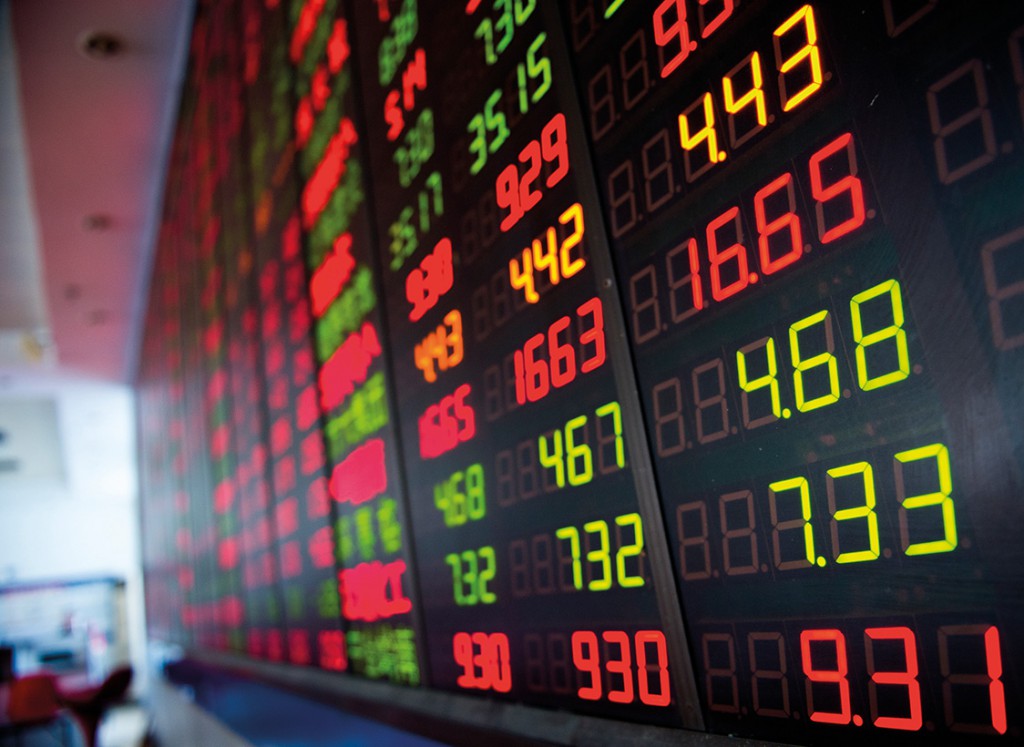
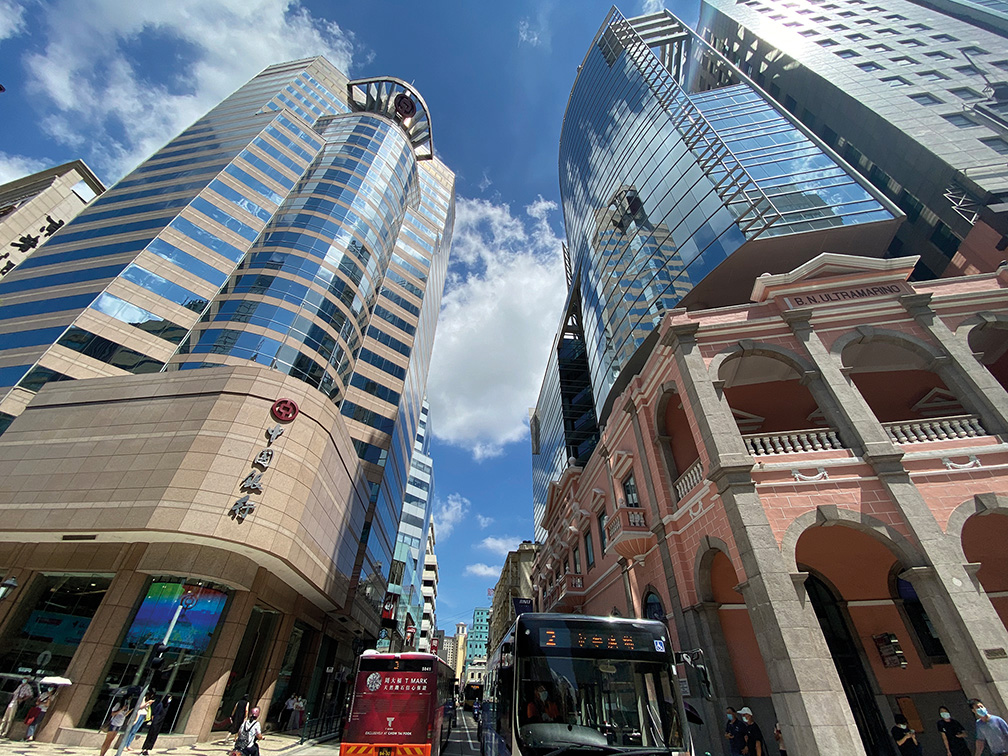
Macao has been designated as the Commercial and Trade Co-operation Service Platform between China and Portuguese-speaking Countries
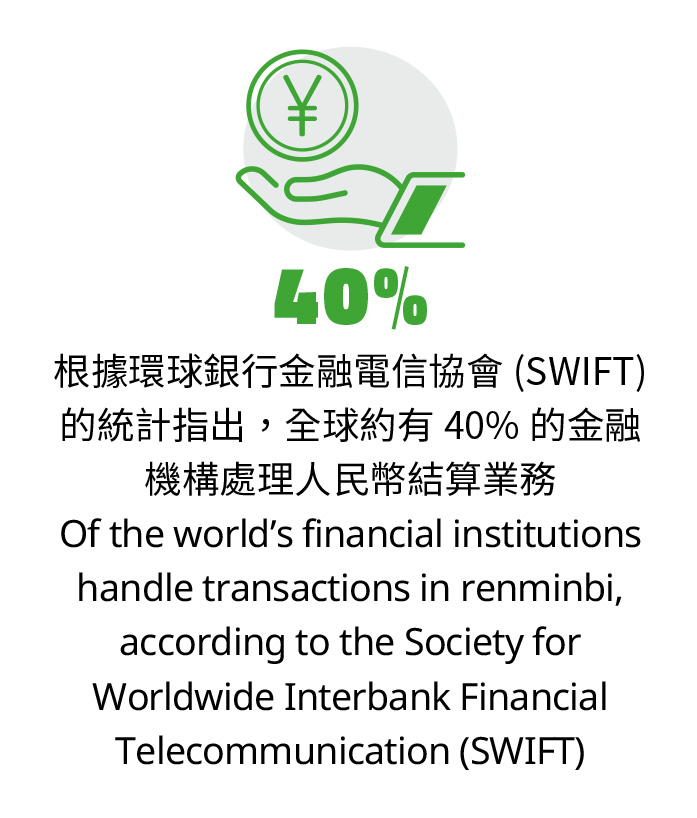
Of the world’s financial institutions handle transactions in renminbi, according to the Society for Worldwide Interbank Financial Telecommunication (SWIFT)

“Macao is ambitious to become a renminbi clearing centre, which will help ensure the success of a homegrown financial services industry in the city.” Mr Ringo Choi Wai Wing, Managing Partner for South China and Head of Asia-Pacific Initial Public Offerings at Ernst & Young

Macao is now fully ready for the development of a modern financial services industry
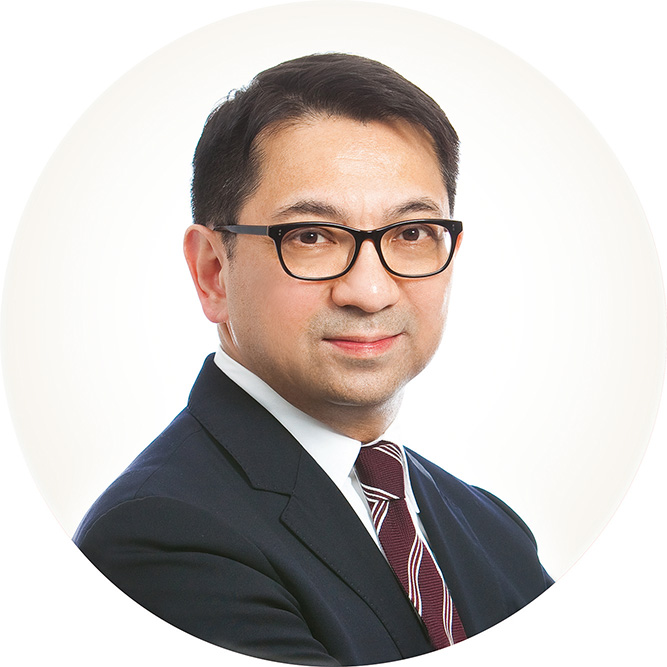
“If this works, the city could leverage its platform to become much more international.” Mr Patrick Rozario, Managing Director for Advisory Services in Hong Kong at Moore Stephens
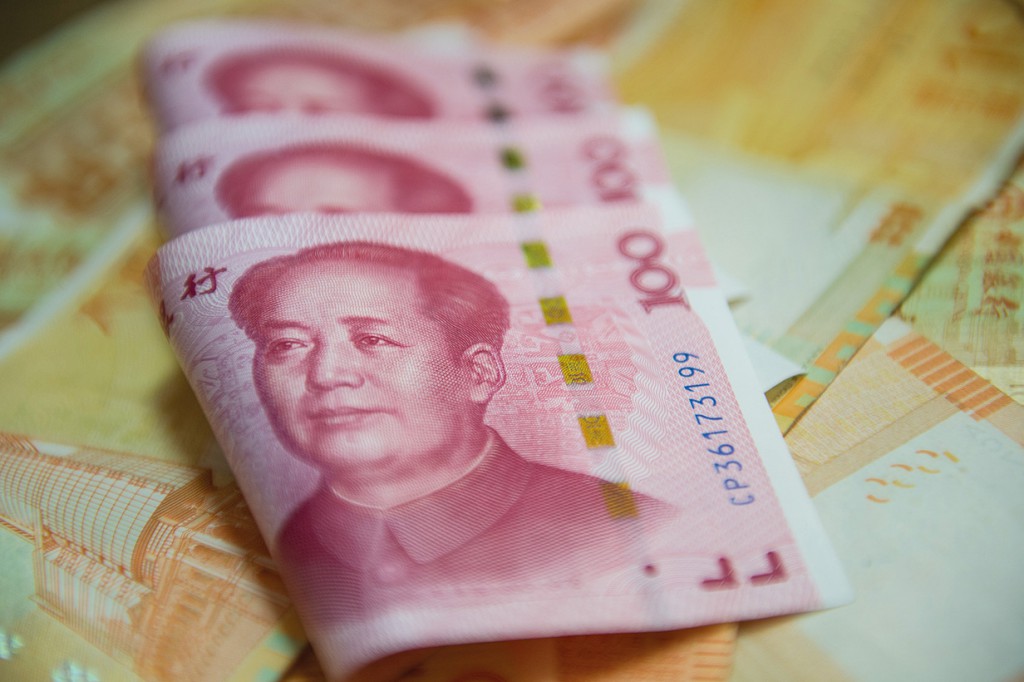
Macao has the potential to become a renminbi clearing centre



